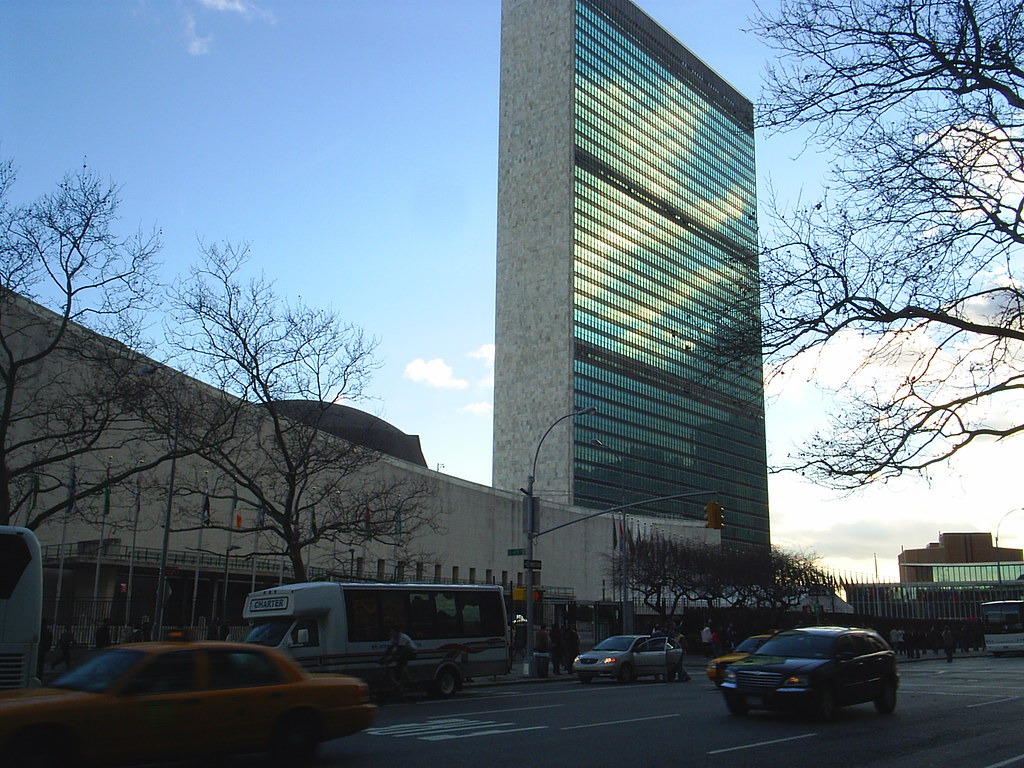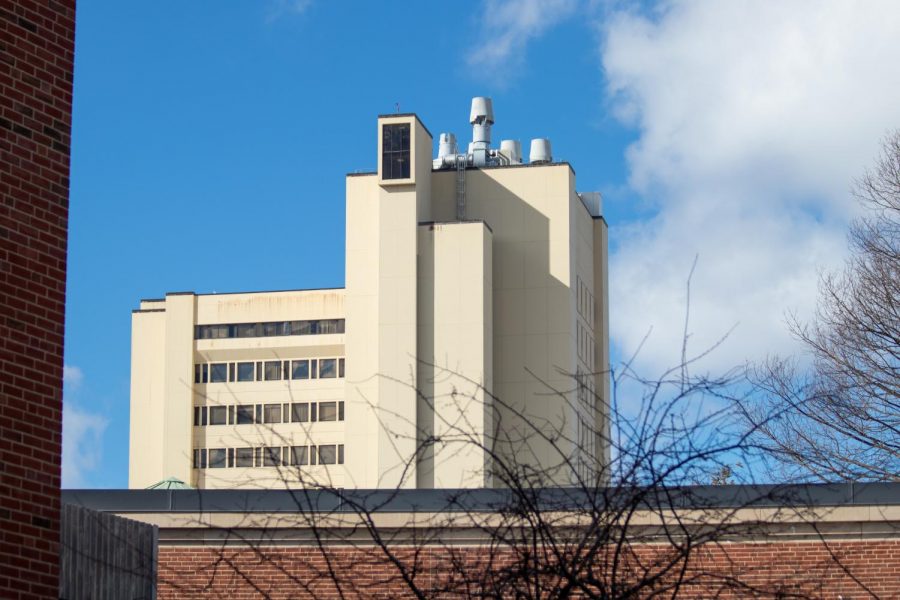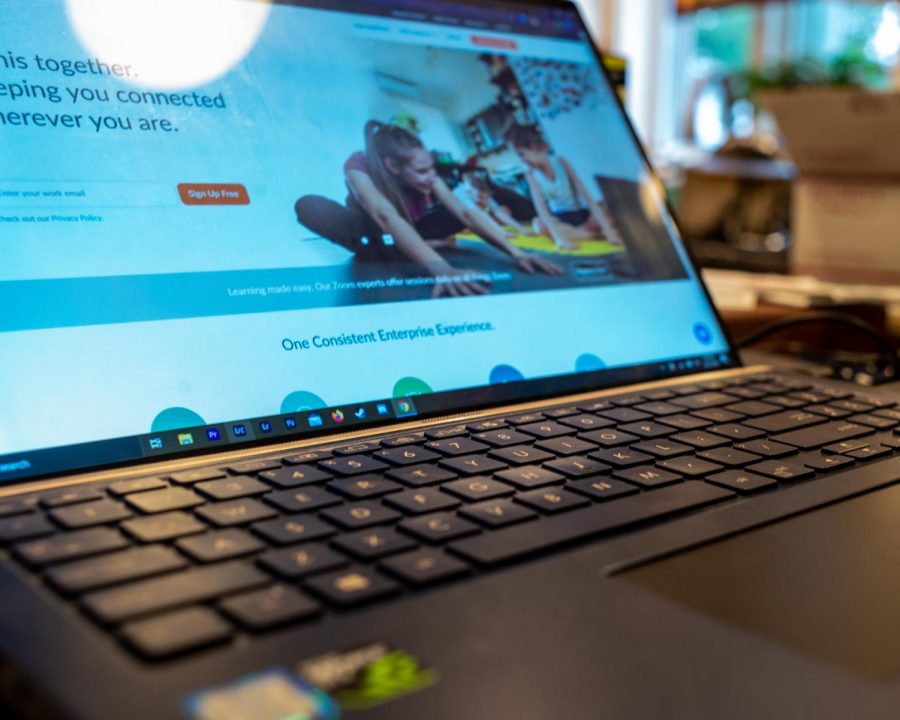In a time when students are fighting to get their voices heard over a number of campus-wide issues, the proposed University Health Services changes have been a point of concern for many at the University of Massachusetts. However, after some research into the issue, it seems that the UHS’ decision to keep the pharmacy open and reduce hours has been informed by the student body and will be a fair compromise given the necessity of a new building.

The chancellor’s committee, which consists of administrators, students, UHS staff and physicians, continues to meet and discuss changes to UHS that will raise the necessary revenue to fund a new building. The proposal has been in the works since last semester and is scheduled to be complete by the end of this semester.
The changes need to be made soon, because the approximately 50-year-old UHS building has been in need of an update for the past 25 years. I talked with one of the student representatives on the committee and next Student Government Association President Akshay Kapoor, who said that the state has threatened to revoke UHS’s license if the facility is not brought up to code within the next few years. At this point, it will be easier to fund a new building than to renovate the old building, according to Kapoor. The old building is also built for a much smaller student population, and in order to accommodate the growth in the student body in the future, we must create a new facility that accounts for this.
In order to address the urgent need for a new UHS building, the initial proposal developed last semester involved gutting out the pharmacy and outsourcing most of the lab procedures to save money, threatening two important and convenient services for students. Members of the committee quickly realized what an important resource the pharmacy was for the school and decided to keep it, even though costs for the pharmacy were not yet included in the cost of the new building, according to Vice Chancellor Jean Kim.
Kim said the University has been aware of the issue for years now, and began studies on the efficiency of UHS in 2000. This study marked one of three in the past 12 years. The problem is that within the12 years since the initial study, UHS has made very little revenue to put towards a new building. According to Kim, part of the reason for this is that our UHS had some of the longest hours of all Universities. Keeping UHS open until midnight every night was a great convenience for students, but was highly impractical given the need for a new facility. These extended hours were even offered in the summer and during holidays when UHS saw very few patients.
The funding for the new UHS building must come from within the facility itself because UHS is an auxiliary service. This is why UHS must make such serious decisions about raising $5 million, while UMass can still fund three major building projects, ranging from $85 to $186.5 million, over the next few years. Along with these changes is going to come a wave of new freshman, who are going to need access to good health care The solutions offered so far should ensure that each student in the future would have access to health care in a clean, new and accessible location.
UHS is still a great facility, with an award-winning lab, a pharmacy conveniently located on campus with the cheapest prices available and convenient weekly hours for walk-ins and appointments. In order for UHS to continue to serve a growing student population, the committee has had to make some strict changes and act quickly to ensure that UHS continues to offer students the best health care possible while funding a more updated facility.
Despite the clear necessity for change, there are students who argue that the cuts to hours are unfair for students who may require round-the-clock service. The cuts in question, however, are only going to affect holidays, nights and weekends. UHS was losing money by paying a full staff during these hours even though very few students came in at these times. The projected gains of this reduction will be $1.2 million annually.
The new hours for general medicine clinics will be from 8 a.m. to 6 p.m. Monday through Thursday and 8 a.m. to 5 p.m. on Friday. Walk-ins will still be available from 8 a.m. to 8 p.m. on weekdays and noon to 4 p.m. on weekends. These cuts only eliminate several hours from the usual schedule, so students should have ample time to make appointments. UHS is already operating on these new hours, and it is still possible to schedule appointments a day or two in advance. There will also still be a 24-hour physical and mental health line that students can call.
The UHS issue has also inspired familiar cries for greater student involvement in administrative decisions. However, the students who are involved in the decisions and have the opportunity to work closely with the administration believe that students are choosing the wrong avenues to get their voices heard.
When asked about the series of UHS protests, Kapoor said, “The administration, when they’re making concessions, they’re not going to give you everything you want, but if you make a good concession, something fair, then you don’t protest after that. It’s a lot more important to get your seat at the table and have them respect you.”
The process for making changes to our UHS has been democratic, with input coming from undergraduate representatives at various meetings. Students like Kapoor and current SGA President Yevin Roh are working closely with the committee to ensure that the decisions being made are the best options for current students and for students in the future who will be using the new UHS building.
For students who still have concerns about the new UHS, Kapoor said, “I think it is really important that students have a say in the propositions that greatly affect them. It has been a principle of Presidents Roh’s presidency and something I intend to carry onto my own. That being said we are glad the administration gave us a seat at the table and would invite any and all students to reach out to us with any questions or concerns they might have.”
Timothy Haggerty is a Collegian contributor. He can be reached at [email protected]












Tim • Apr 1, 2012 at 2:23 pm
The basic reason for this is that they want UHS to be self-sufficient, so it must be able to get its funding from within its own operations. Also, I feel like the dining commons are just as in need of renovations, seeing as their conditions can also have an effect on student health, and three of them haven’t seen renovations since they were built in the 50’s and 60’s. You can read more about the need for the DC renovations and what they entail here: http://www.joslinlesser.com/formUMAHamshireDC.html
Acacia • Mar 30, 2012 at 10:01 am
Why don’t we take the money that’s redoing the DCs and the Campus Center and use it for UHS?